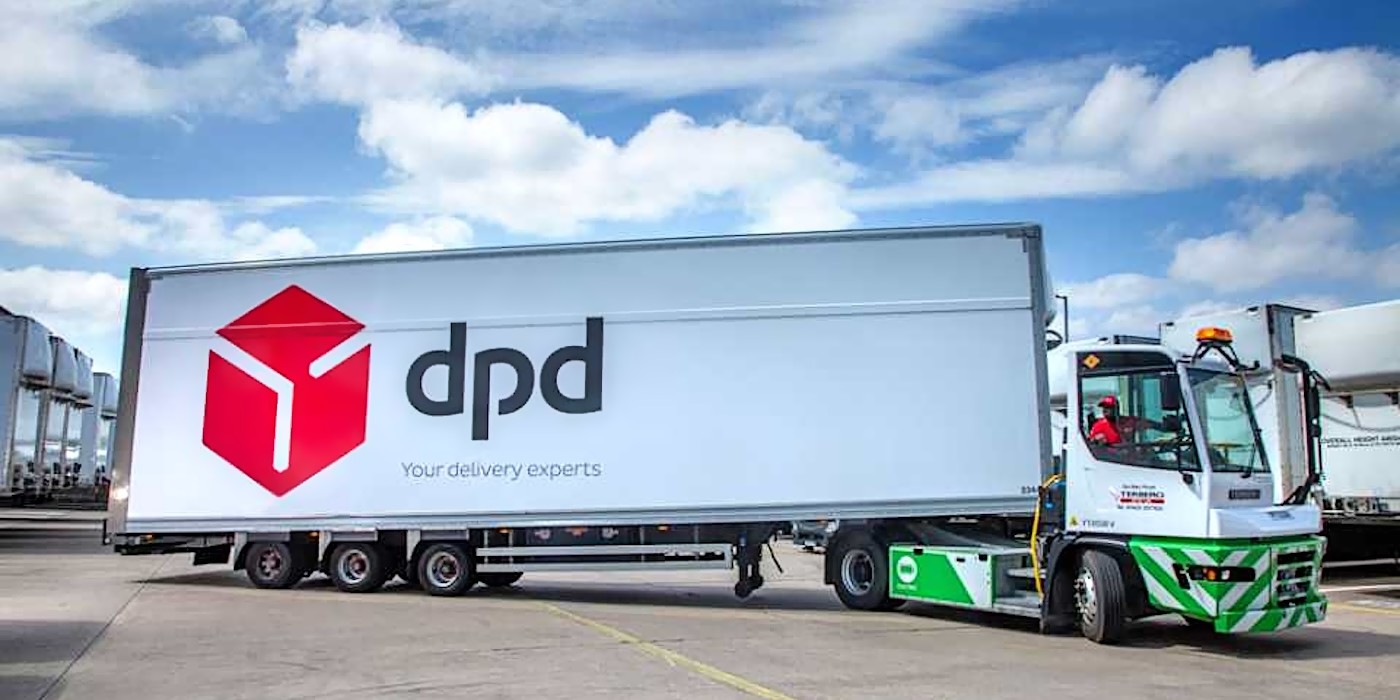In a significant move toward decarbonizing its operations, leading UK delivery firm DPD has begun trialing Terberg's heavy-duty electric yard tractor at its major logistics hub in Oldbury. This pilot program represents a critical step in the company's broader strategy to modernize its fleet and reduce its environmental footprint. The findings from this test are expected to inform future investments in zero-emission vehicle technology.
Key Highlights
- Partnership: DPD is testing a Terberg electric yard tractor at its Oldbury, UK hub.
- Objective: To evaluate performance and efficiency for future sustainable fleet planning.
- Focus: Heavy-duty logistics applications, including cargo movement in large distribution centers.
- Goal: Reduce emissions and operational costs while maintaining high efficiency.
Driving Sustainability in Logistics
As e-commerce continues to grow, logistics companies like DPD are under increasing pressure to minimize their environmental impact. Yard tractors, though often overlooked, play a crucial role in the efficiency of distribution centers, moving trailers and cargo short distances. Traditionally diesel-powered, these vehicles contribute significantly to local emissions and noise pollution. By testing Terberg’s electric model, DPD aims to address these issues while maintaining the high performance required in a fast-paced logistics environment.
Why Terberg?
Terberg is a renowned name in specialized vehicles, particularly in the sector of terminal tractors and logistics support equipment. Their electric yard tractor is designed for heavy-duty applications, offering robust performance with the benefits of electrification: zero tailpipe emissions, reduced noise, and lower operating costs. For a company like DPD, which operates some of the largest hubs in Europe, adopting such technology could lead to substantial sustainability gains and operational savings.
Expected Benefits and Metrics
DPD will be closely monitoring several key performance indicators during the trial. These include energy consumption, reliability under heavy loads, charging efficiency, and overall cost per mile compared to diesel equivalents. Early electric yard tractor models have shown promising results in similar settings, often reducing energy costs by up to 80% and requiring less maintenance due to simpler electric drivetrains.
| Metric | Diesel Yard Tractor | Electric Yard Tractor (Expected) |
|---|---|---|
| Emissions | High (CO2, NOx) | Zero tailpipe emissions |
| Operating Cost per Mile | £0.40 - £0.60 | £0.08 - £0.15 |
| Noise Level | High (~85 dB) | Low (~65 dB) |
| Maintenance | Regular engine servicing | Reduced; fewer moving parts |
Strategic Implications for DPD
This trial is not just about testing a single vehicle; it is part of DPD’s wider commitment to becoming the most sustainable parcel delivery company. The firm has already invested in electric last-mile delivery vans and renewable energy installations at its depots. Incorporating electric yard tractors would further decarbonize its supply chain, particularly at mega-hubs like Oldbury, where dozens of such vehicles may operate simultaneously.
Challenges and Considerations
Despite the clear advantages, the transition to electric yard tractors presents challenges. Initial purchase costs are higher, though total cost of ownership often favors electric models over time. Charging infrastructure must also be deployed, requiring upfront investment and planning. DPD’s trial will help quantify these factors, providing a clearer roadmap for large-scale adoption.
Industry-Wide Impact
DPD’s initiative could set a benchmark for the logistics industry. If successful, other major players are likely to follow, accelerating the adoption of electric heavy-duty vehicles in logistics hubs worldwide. Regulatory pressures and corporate sustainability goals are already pushing the sector toward cleaner technologies, and real-world data from trials like this are invaluable for making informed decisions.
DPD’s trial of the Terberg electric yard tractor at its Oldbury hub marks a proactive step in the logistics sector’s journey toward sustainability. By embracing innovative technology and focusing on data-driven strategies, DPD is not only future-proofing its operations but also contributing to a greener, quieter, and more efficient logistics landscape. The outcomes of this test will undoubtedly influence not only DPD’s fleet strategy but also industry standards in the years to come.


